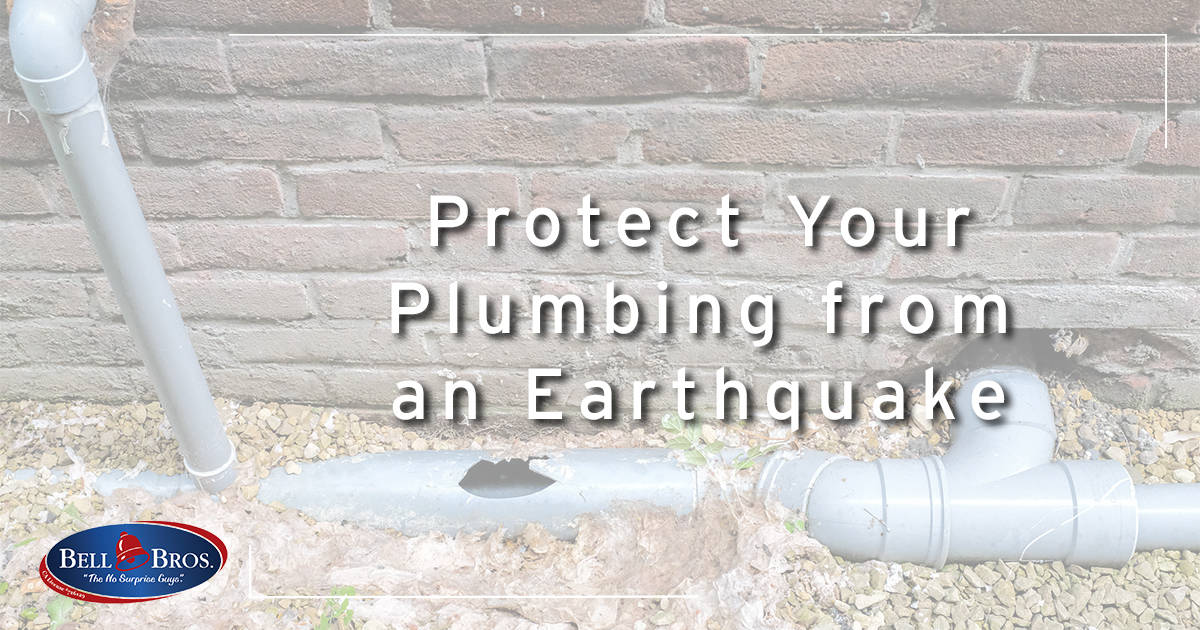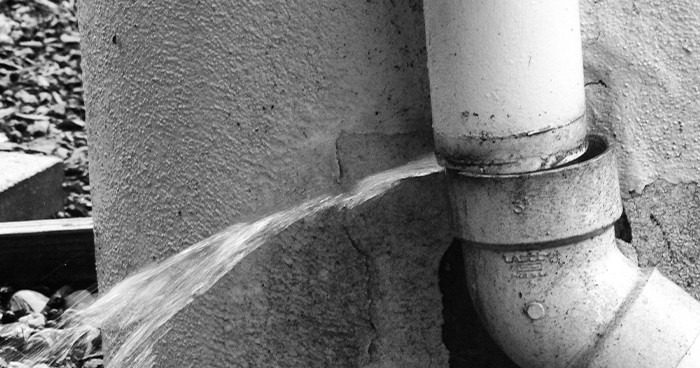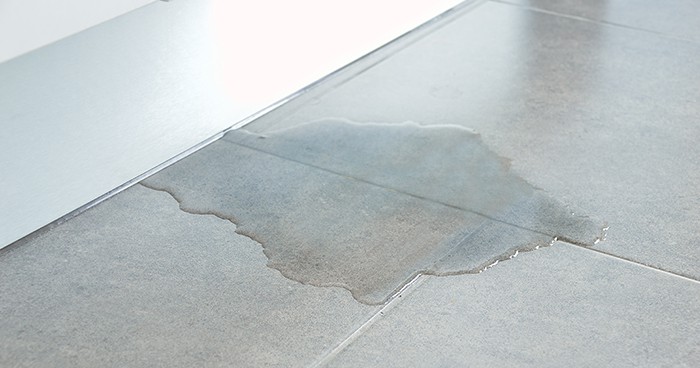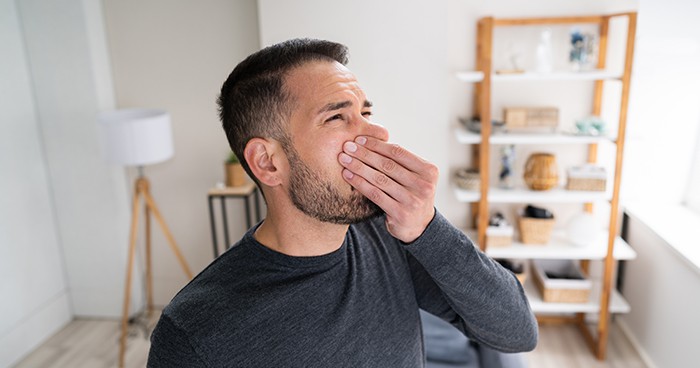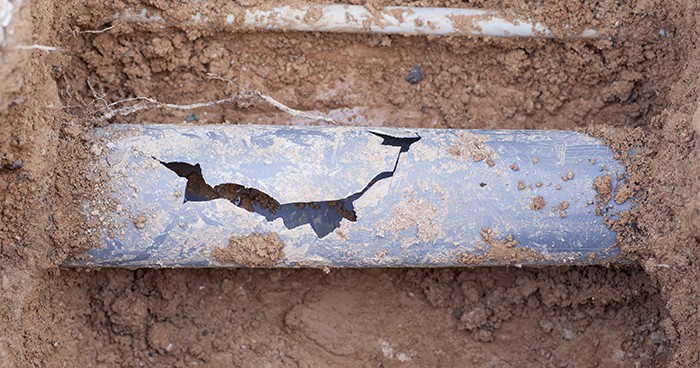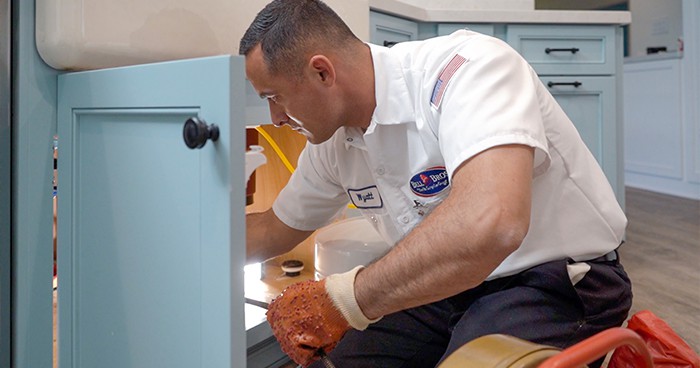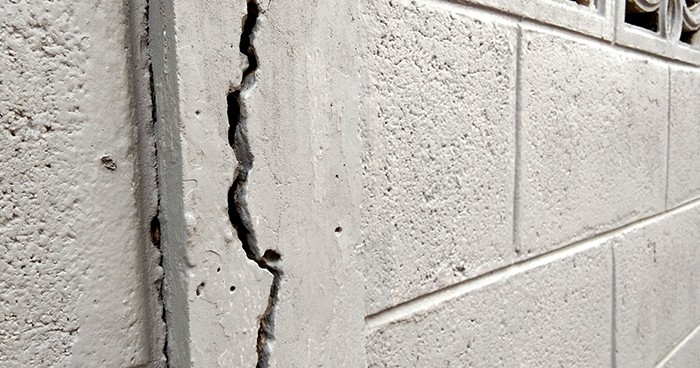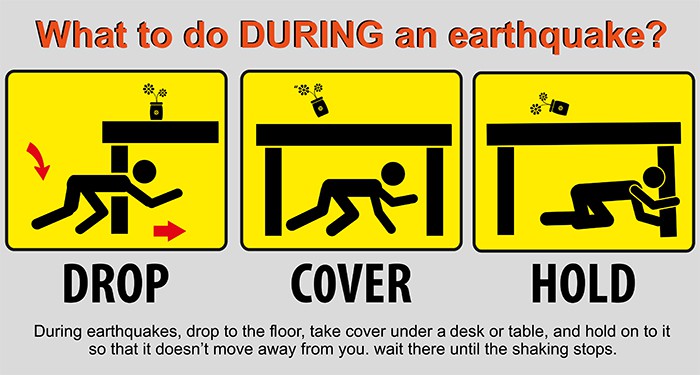Protect Your Plumbing from an Earthquake
Last month we talked about how to protect your HVAC from an earthquake, this month we’re focusing on plumbing. The issue with plumbing is that shifting ground during an earthquake can cause a lot of damage, and you can’t really “look under the hood” of your main sewer line.
While we can’t predict when the next big earthquake will hit, there are a few things you can do to protect your plumbing from an earthquake.
How An Earthquake Can Damage Your Plumbing
An earthquake is a seismic event that quite literally moves the ground under our feet. This has a profound effect on any affected area. Which can include your home and your plumbing.
Ground movement of any kind can cause pipes to break and crack. Especially if you live in an older home, like many found in Sacramento and the Bay Area. The pipe you should be most worried about is your main sewer line.
If your main sewer line is damaged, it could cause problems for your entire home’s plumbing system, and any appliances that require the use of water. Think of your tubs, drains, and even washing machine.
There’s one major appliance that can be damaged by an earthquake and that’s your water heater. Earthquake straps are so important a home can’t pass code without them.
Without the proper safety measures in place, damage to your water heater and surrounding area could lead to a fire or gas leak.
Protect Your Plumbing from an Earthquake Step One: Check for Water Leaks
After a quake, the first thing you need to do is check the safety of you and any family members who may be in the house. Once everyone is safe and accounted for, it’s time to check for any water leaks.
It’s crucial to turn off your main water supply if you notice any water leaks or floods. Doing this can save you from a lot of water damage in the long run.
One of the first places to start looking is on the floor then the walls. Pipes run through the walls of your house, so a quick check for water spots can help you determine if something is broken.
Check for these signs an earthquake may have damaged your plumbing:
- Obvious wet spots on the walls or floors indicate a pipe is burst or broken.
- Keep an ear out for any sounds of dripping or running water.
- Turn on the sink, shower, and other taps. A serious drop in water pressure is a sign something big is broken in your plumbing system.
Protect Your Plumbing from an Earthquake Step Two: Check for Gas Leaks
This is perhaps one of the most important things to be on the watch for. Gas leaks are incredibly harmful, even deadly, to anyone or anything in your home
The best way to try and hunt down a gas leak is by scent. On its own, natural gas has no odor. Gas companies add a strong smell of sulfur or rotten eggs to the gas so that you can be sure if there’s a leak.
Are you not smelling anything? Keep an ear open for any long hissing sounds. This could also indicate a gas leak.
Protect Your Plumbing from an Earthquake Step Three: Check Sewer Line for Damage
The sewer line is a very important component of your plumbing system. It’s responsible for moving all waste deposits from your home to a processing plant. Because of this, when a main sewer line breaks it’s not just dangerous, it’s also really gross.
Sewage is not something to be trifled with, it’s full of bacteria. Even the fumes from sewage waste can cause major harm.
The fastest and easiest way to check for any sewer line breaks is also through your scent.. Just take a whiff and see if you can smell that distinct smell. Another way to check is if water is coming out of two or more of your drains at the same time. For example, if water is backing up and coming out of the sink and the shower drain, that’s a clear sign you have a break in the main sewer line.
Additionally, check for any unusual wet or lush green spots in the yard. When the line breaks, water and waste have to escape somewhere. Chances are, that somewhere is your lawn.
How to Minimize the Risk
You can imagine it gets a little tricky, it can get a little tricky when checking your plumbing system You can’t open a wall to look and see if a specific pipe burst without causing any damage yourself. You also can’t easily dig up your yard to check the main sewer line without having to re-plant your lawn.
To check the state of your plumbing and get a clear vision inside, you need the help of a professional plumber with a camera.
There are however, a few important things you can do on your own to help minimize any plumbing damage during an earthquake. They are:
- Fix any clogs or leaks before they become too big
- Small leaks and clogs are annoying when they happen but can lead to larger problems down the line. It’s important to have even the smallest clog checked by a professional.
- Familiarize yourself with the water shutoff valve.
- As we mentioned above, at the first sign of any flooding or leaking, the best thing you can do in the moment is to shut off the water. This is why it’s so important to know where your shutoff valve is and how to use it.
- Have a Plumber come out every year to clear your drains.
- You call an HVAC technician to perform a tune-up on your HVAC system, but what about your pipes? Scheduling a drain clearing once every other year is an important part of plumbing maintenance and will help keep your pipes safe during a quake.
Earthquake Safety Tips
The number one thing to make sure of after a quake is that you and your family members are safe. To help ensure the safety of your family, there are some important pre-earthquake steps you should take for the safety of anyone in your home.
Here are a few of our favorite earthquake safety tips:
Before the quake:
- Make an earthquake plan with your family, and don’t forget the pets. Designate meeting areas outside the home and emergency exits.
- Keep an emergency supply kit on hand. Fill it with bottled water, preserved food, emergency phone numbers, any pertinent medical information and medications, and any form of identification.
- Make sure your home, and the contents inside of it, are earthquake safe.
- Take note of and download any apps that can provide real time updates in your area if you are able to use your cell phone.
During the Quake:
- Feel the ground moving while you’re driving? Pull the car over, make sure the parking brake is on, and wait out the quake.
- If an earthquake happens while you’re in bed, turn face-down and cover your head and neck with pillows.
- Caught outside? Move away from any large buildings or structures. Find an empty, open spot and just wait it out.
If you’re inside, stay where you are. Don’t try to run outside while the ground is shaking. Just avoid doorways and don’t forget to drop, cover, and hold on.
After the Quake:
- First, ensure yourself you are not hurt. Then go check on everyone else in your home.
- Expect at least one aftershock if not more.
- If there is visible damage to your home, get everyone outside as fast as possible.
- Use text messages to check in with others. Texts can be more reliable than phone calls.
To get your plumbing system earthquake-ready, don’t hesitate to reach out to the experts at Bell Brothers. Schedule an appointment today.


